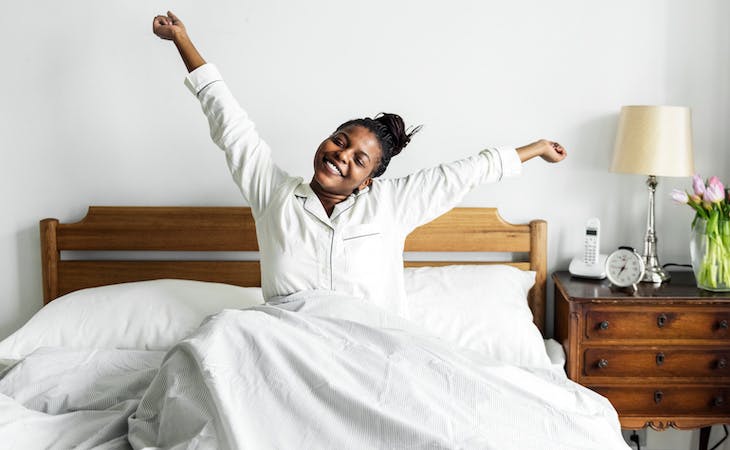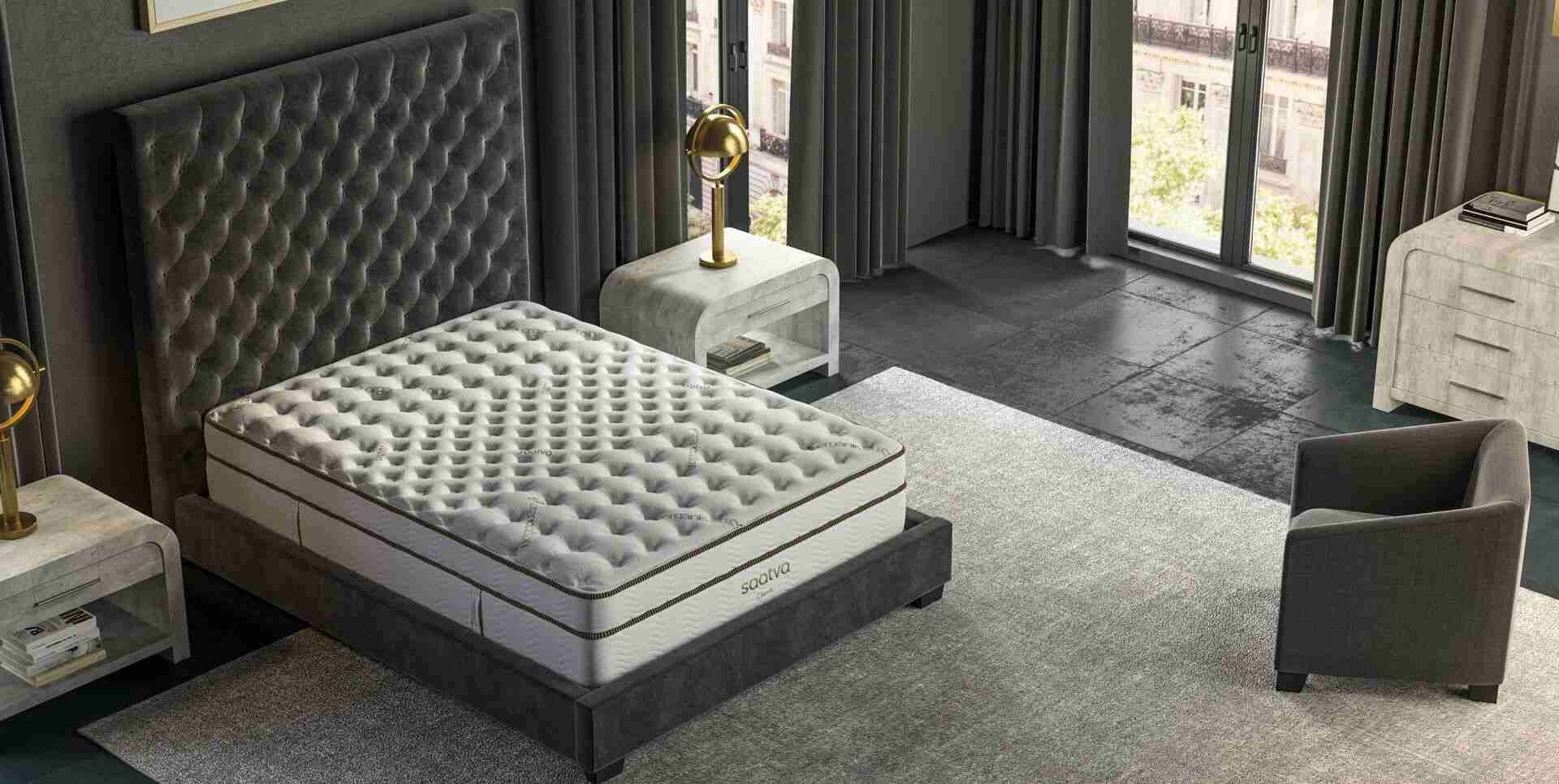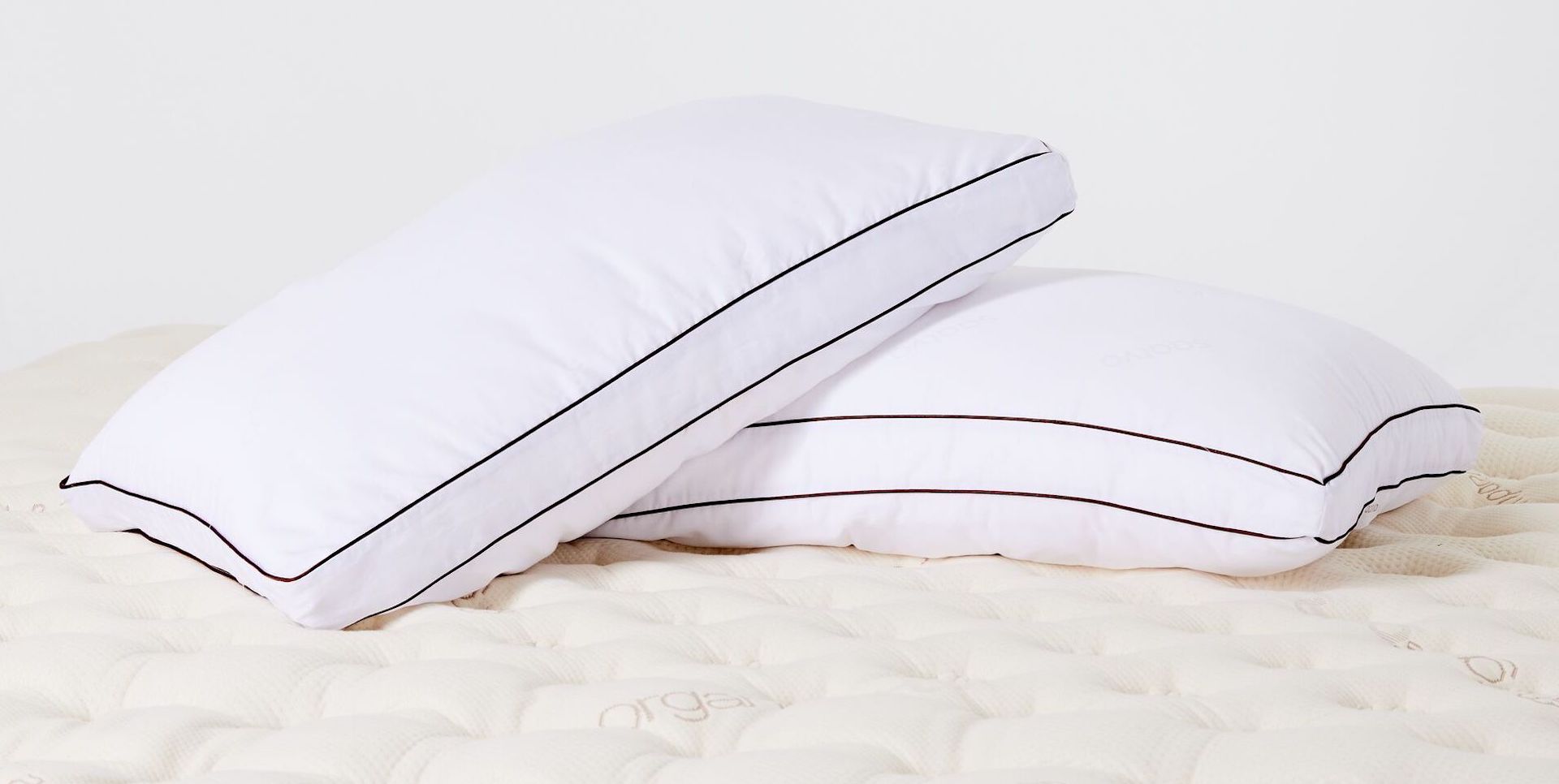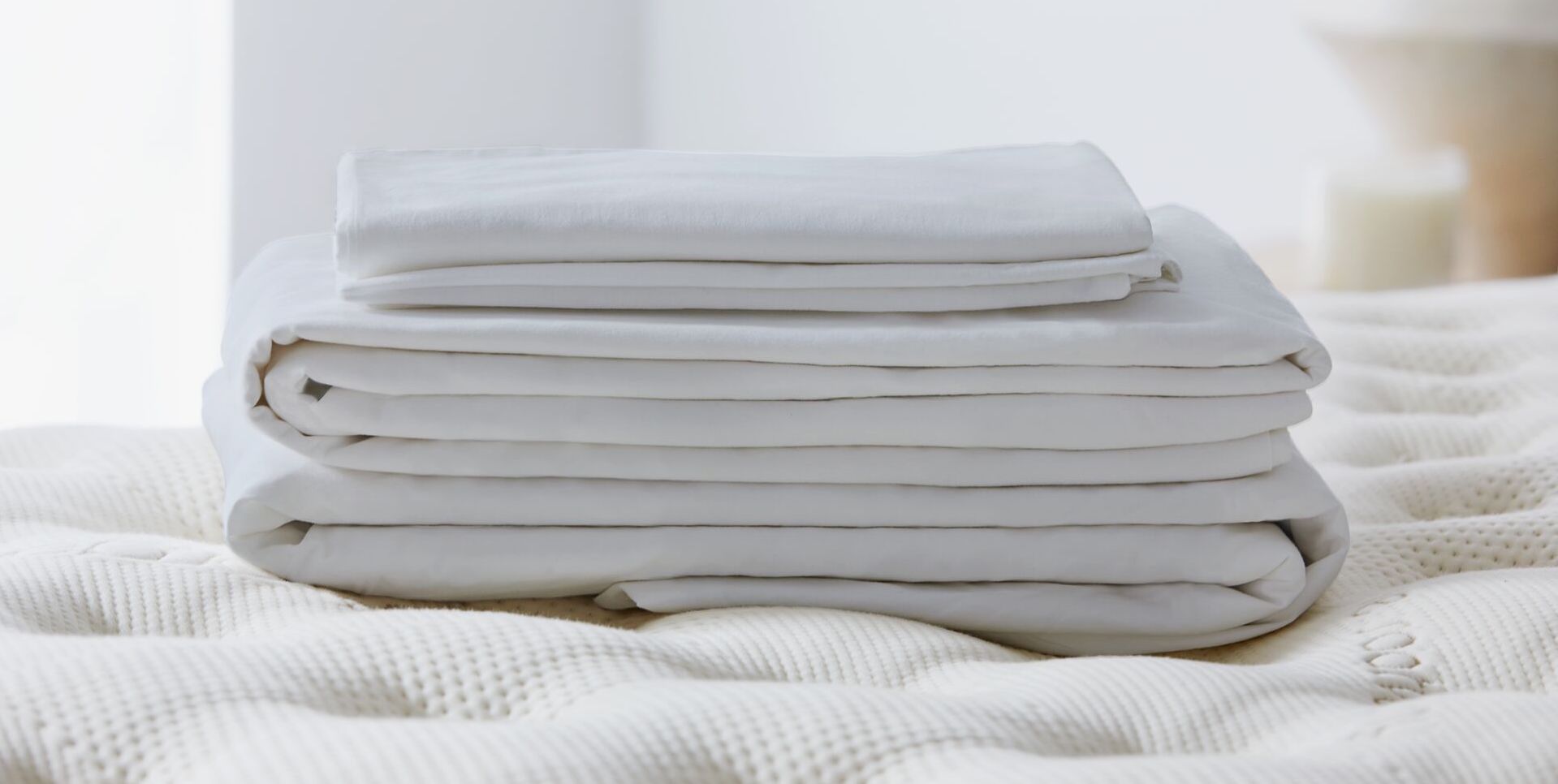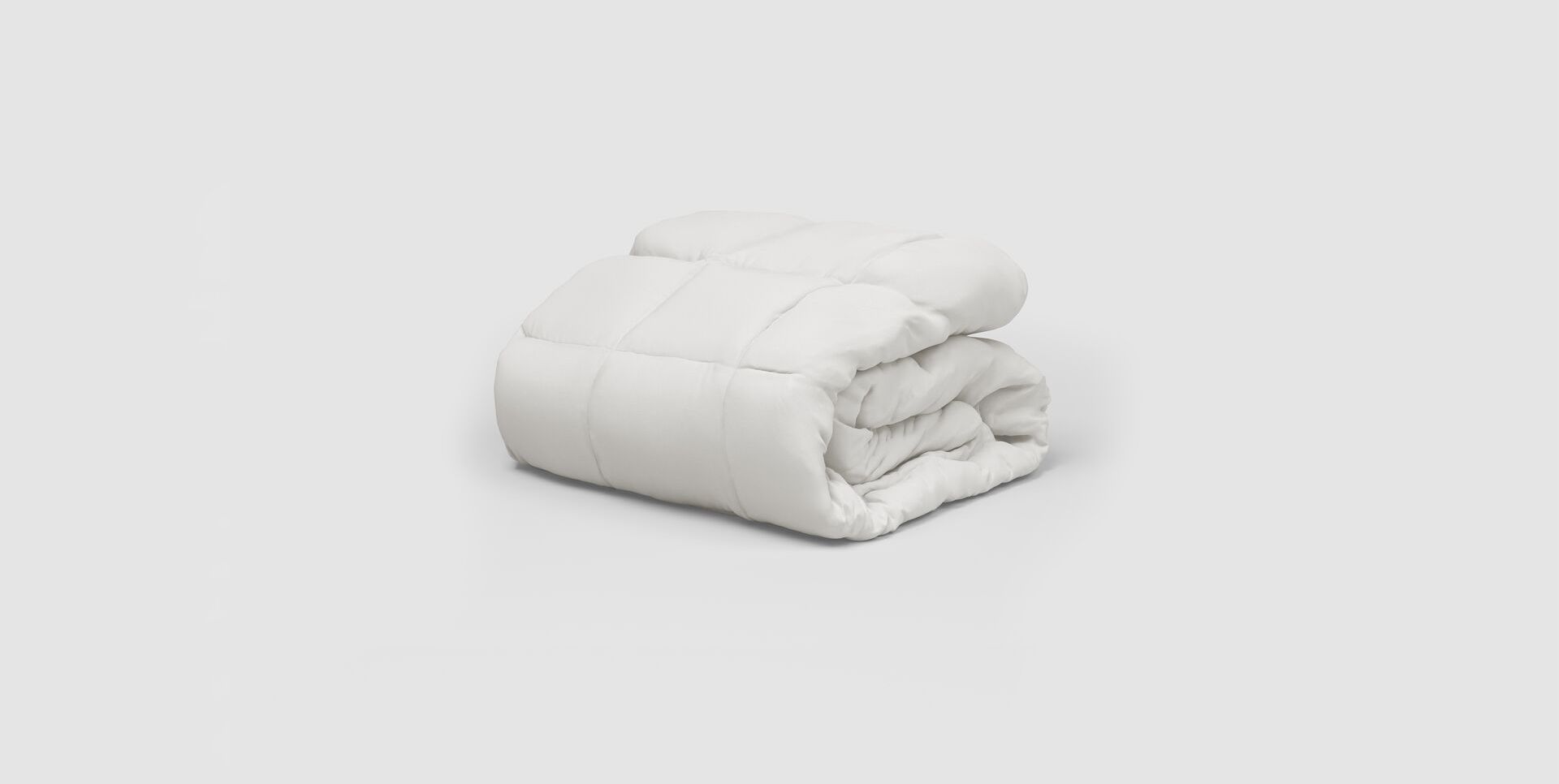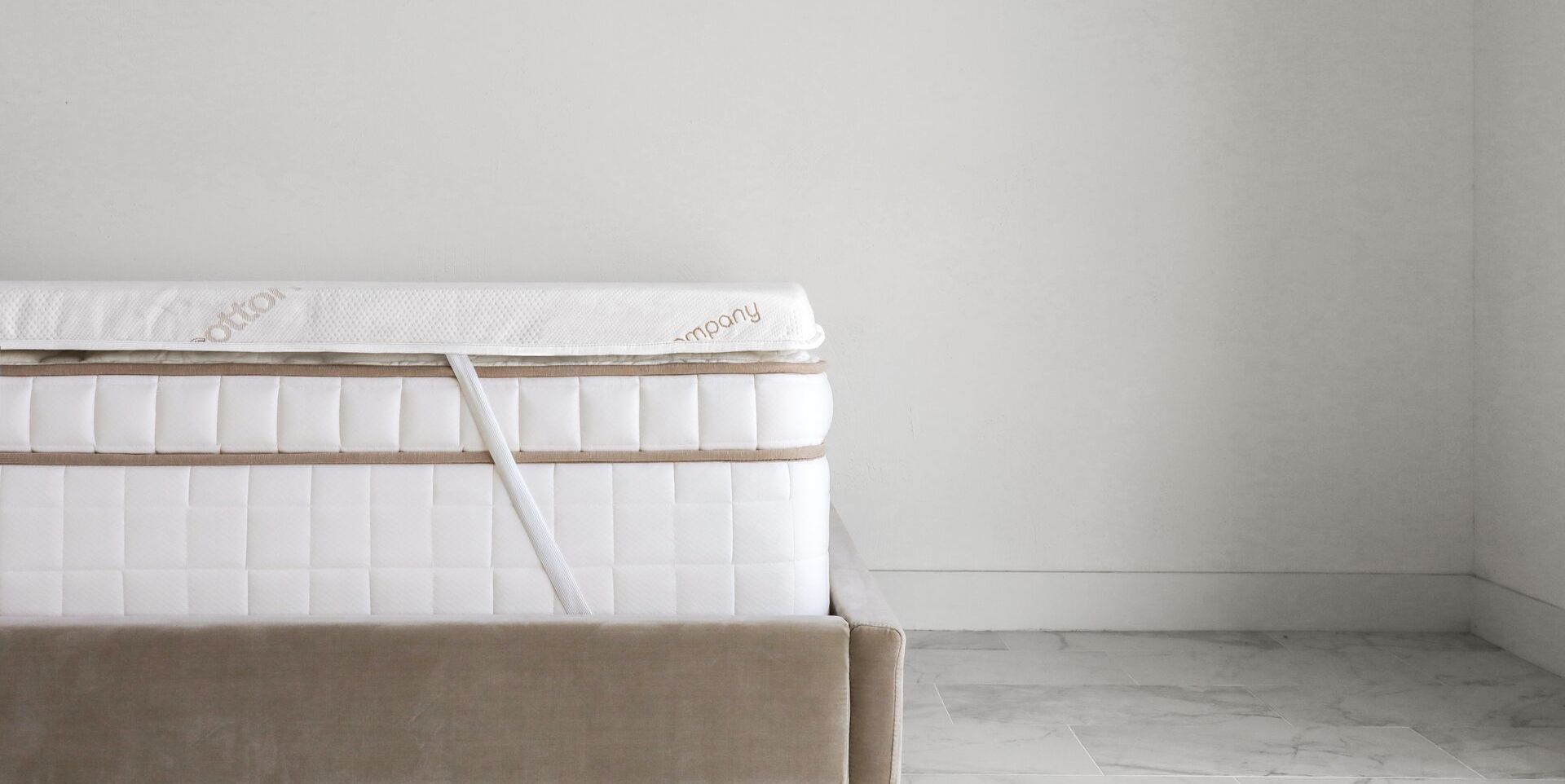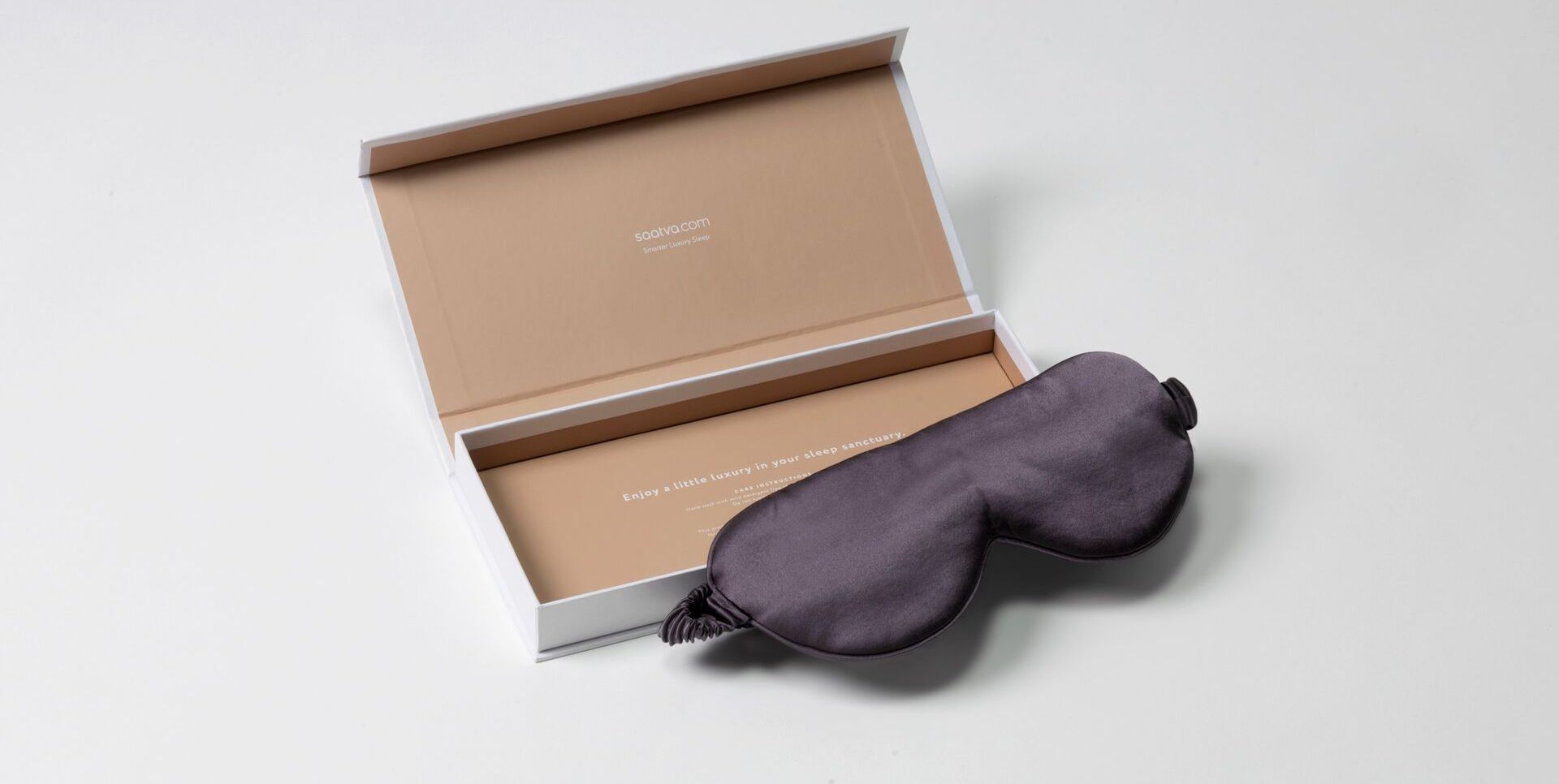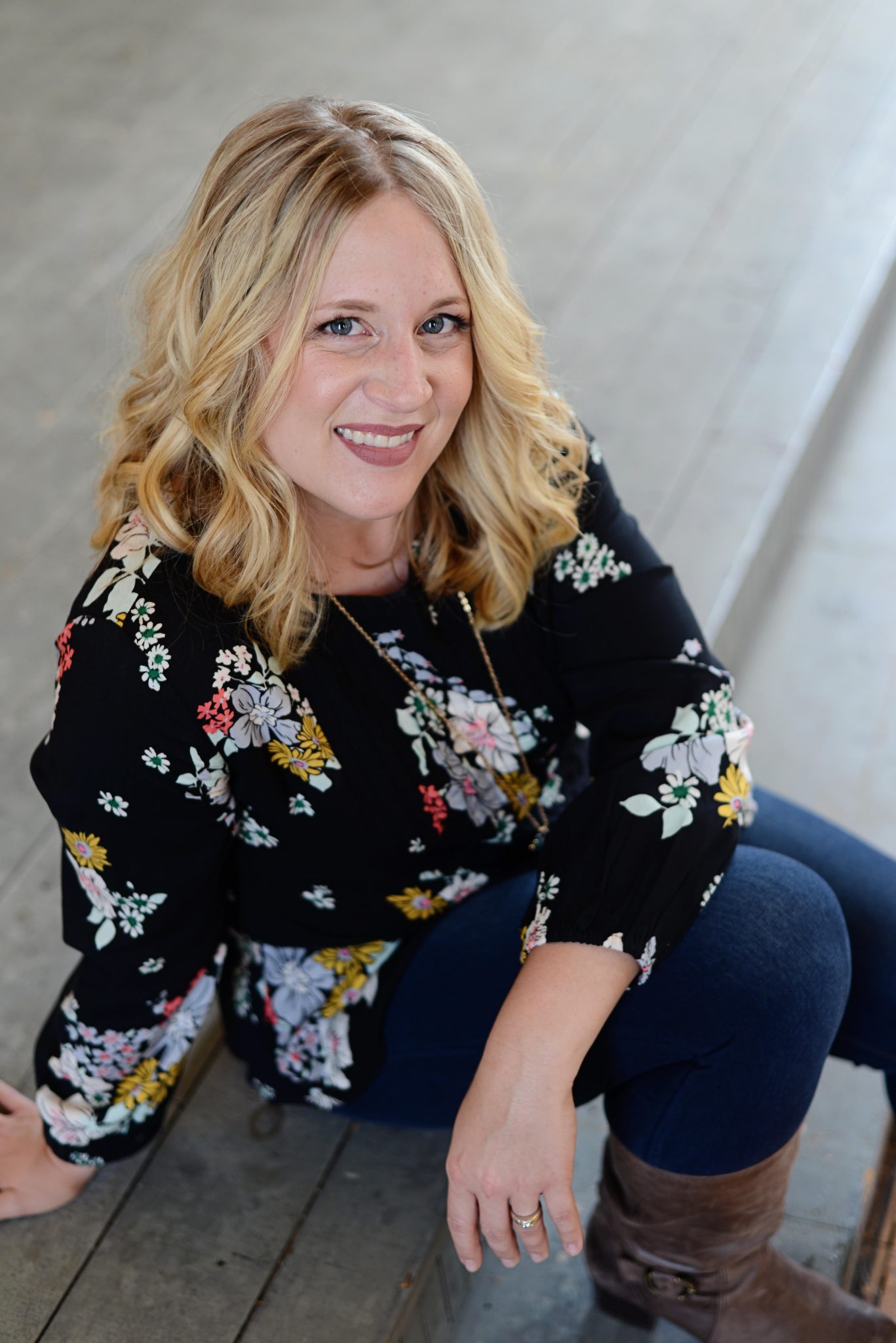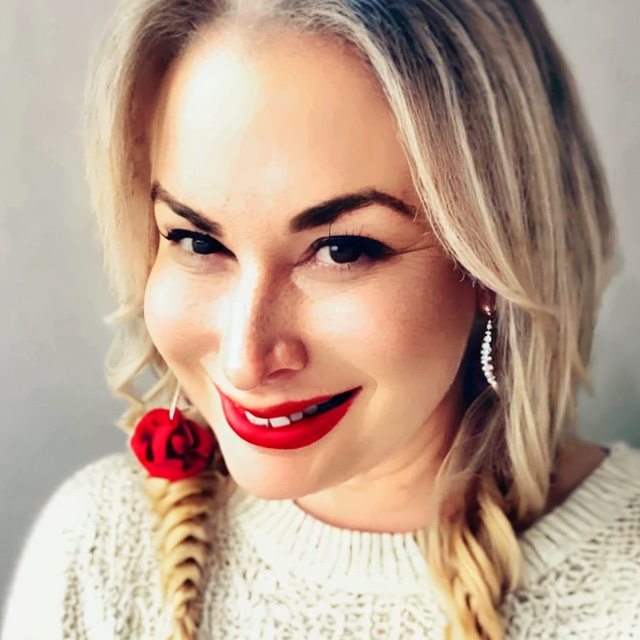When you hear the word “hygiene,” visions of middle school health class may come to mind, where the teacher discusses things like brushing your teeth and washing your hair. But as it turns out, it’s a term that can be applied to other aspects of your life as well, such as your sleep.
As you likely know, a good night’s sleep is essential for you to function at your best—and sleep hygiene is a part of this. But what is sleep hygiene, exactly—and how do you improve yours?
Read on to learn everything you need to know about sleep hygiene to achieve your best sleep yet.
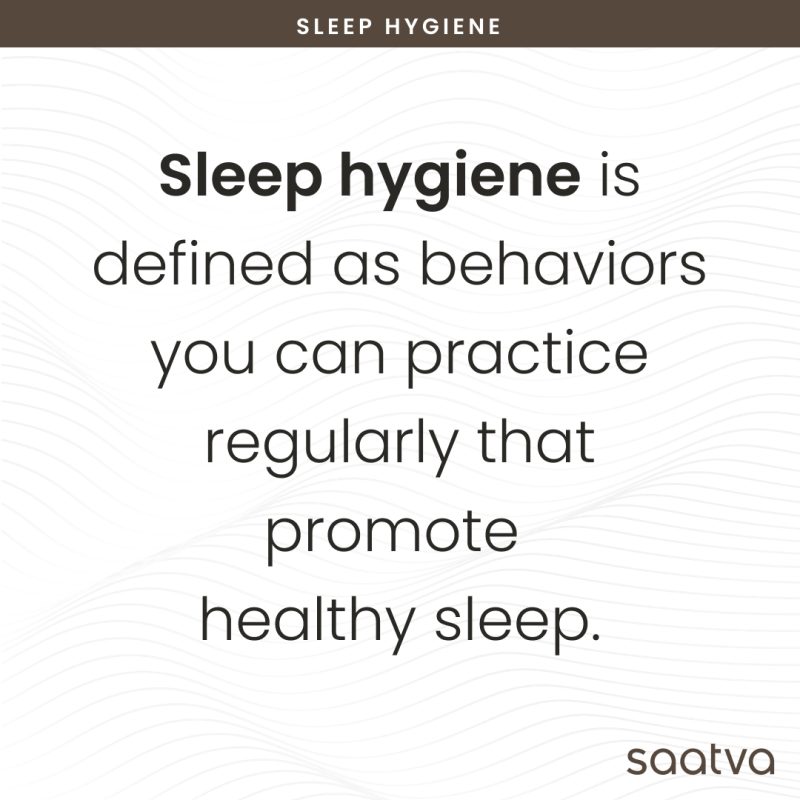
What is sleep hygiene?
Peter Hauri, PhD, a psychologist who was one of the first researchers to study sleep, is thought to have coined the term sleep hygiene. [1] It’s generally defined as behaviors you can practice regularly that promote healthy sleep.
Michael J Breus, PhD, board-certified sleep specialist, refers to these behaviors as “a set of guidelines before bed that is thought to help people get to sleep.”
Breus says these guidelines can prevent awakenings during the night (something that can greatly decrease your sleep quality).
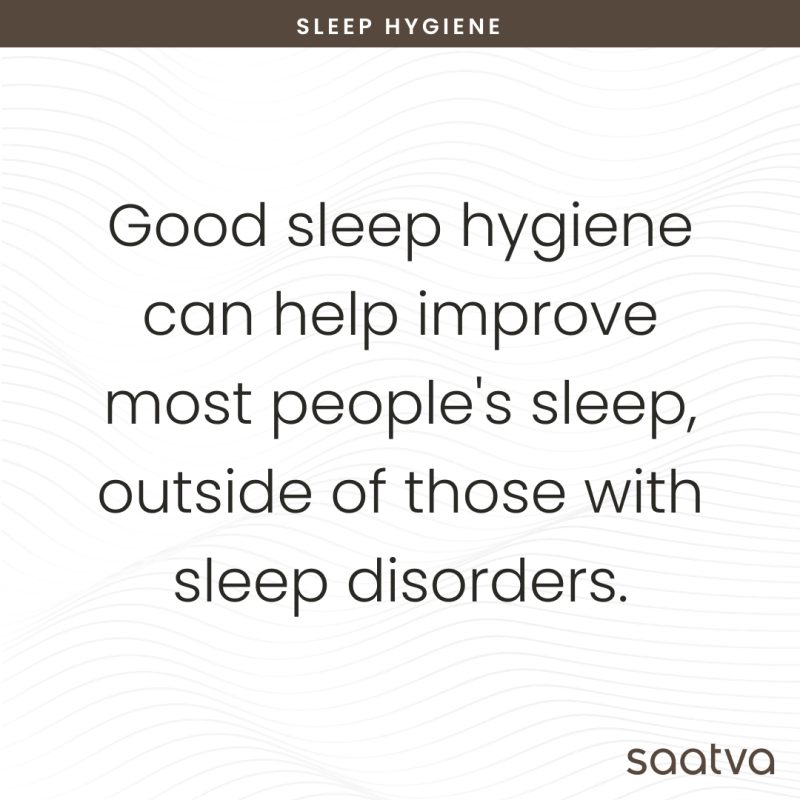
Why is sleep hygiene important?
Sleep hygiene is important if you’re aiming for the best sleep possible. Many studies say sleep hygiene is certainly a promising way to garner better sleep, although this is an area that does require more research. [2]
One study, which looked closely at the sleep habits of medical students, specifically, states that “improper sleep hygiene behaviors might be a reason for poor quality of sleep in medical students.” [3]
There’s one caveat to the effectiveness of sleep hygiene, though. Breus says sleep hygiene by itself typically doesn’t cure insomnia if you’ve been diagnosed with the disorder. [4]
You may require further aids such as medication if you have insomnia. [4] But if you’re generally a poor-quality sleeper who hasn’t been diagnosed with insomnia, Breus believes sleep hygiene likely helps.
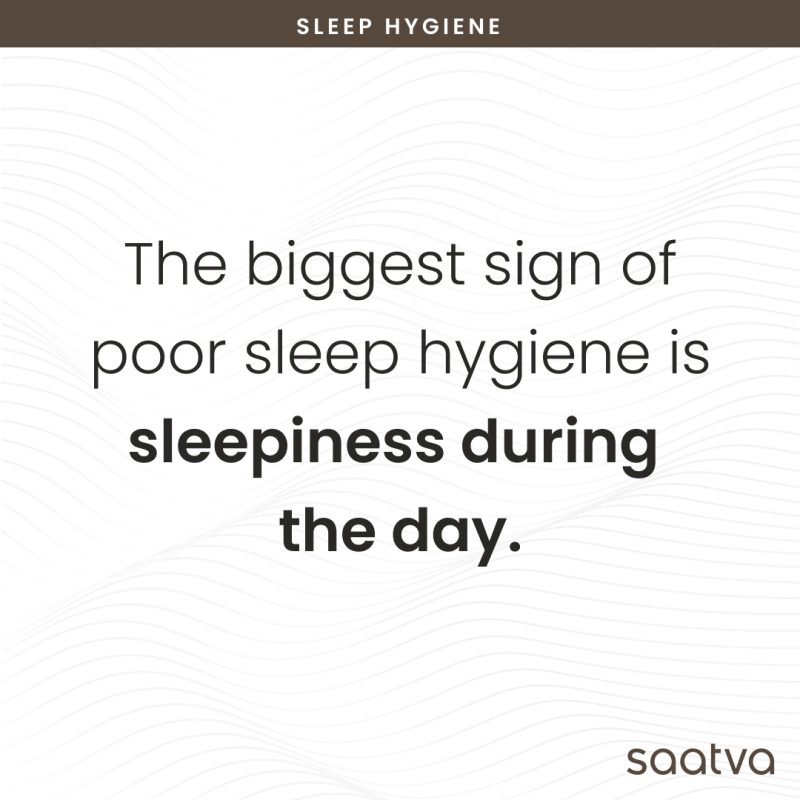
What are the signs of poor sleep hygiene?
There are some common signs of poor sleep hygiene. One big one is frequently waking up in the middle of the night. Breus’ top sign, meanwhile, is “sleepiness during the day.”
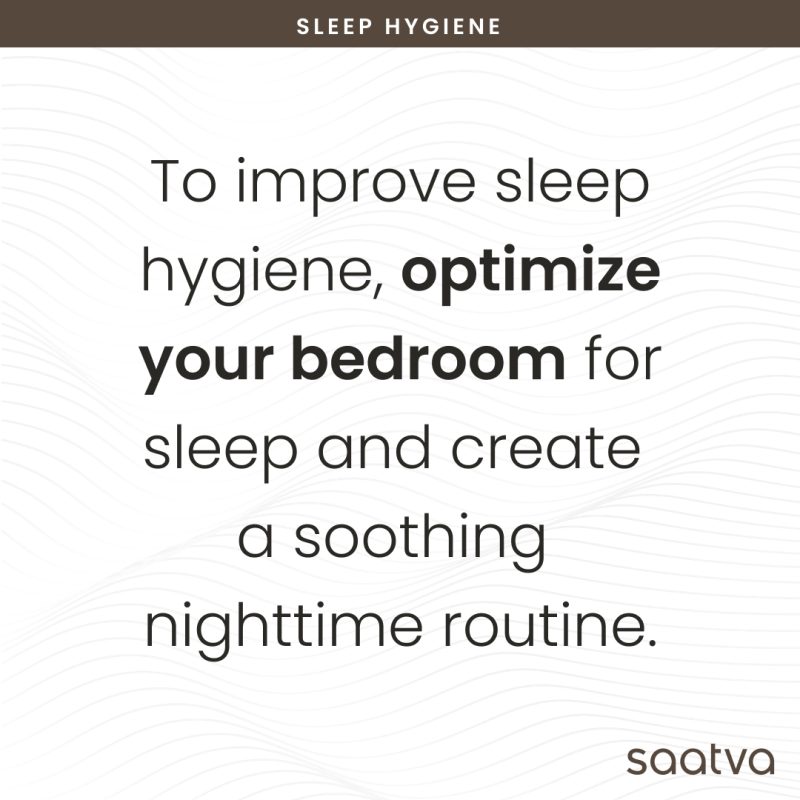
9 ways to improve sleep hygiene
Better sleep hygiene isn’t as complicated as it may sound. In fact, it’s actually pretty straightforward and simple to incorporate into your nightly routine.
1. Optimize your bedroom for sleep
It’s important to have the right surroundings to encourage good sleep. More specifically, you should have a “quiet, cool, and dark room,” notes Breus. [5] This can mean creating a peaceful environment in your bedroom through calming colors and soft bedding, running a fan, or listening to a white noise machine. To ensure darkness, invest in a blackout shade for your window. [6]
2. Create a soothing bedtime routine
This may include taking a soothing bath, listening to relaxing music, or doing some pre-bed stretching or yoga. These activities can help you wind down before bed so it’s easier to fall asleep.
3. Have a consistent bedtime and wake-up time
Going to bed and waking up at the same time every day is a great way to establish a healthy routine and can help you sleep better. Just keep in mind you should follow the same schedule on weekends and while you’re on vacation for it to really be effective. [5, 7]
4. Prioritize getting enough sleep
Breus recommends a minimum of seven to eight hours of sleep per night. [7] (Here’s how much sleep you need by age.)
5. Cut back on alcohol and caffeine before bed
Caffeine can absolutely give you the jitters if you sip it before bed. Alcohol can disrupt sleep as well. That’s because it can create an imbalance in your REM sleep, which means your phases of deep and light sleep will be thrown off. [5, 8]
6. Engage in relaxing activities like reading and meditation
Create a nightly habit of doing something calming before bed, such as reading, practicing meditation, or even doing a quiet activity, like knitting. [6, 7]
7. Keep electronics out of the bedroom
Breus recommends lowering noises and stopping “media and blue light exposure” before sleep as well. Blue light emitted from your phone can disrupt your sleep. So that means keeping electronics out of the bedroom is key to good sleep hygiene. [6, 10] According to research, limiting the use of electronic devices before bed (such as your phone, laptop, or tablet) can lead to more restful sleep. [9]
8. Avoid working or eating from bed
Especially as many of us work from home these days, it’s tempting to have your bed also be your office and your lunch spot. However, this isn’t the best way to get restful sleep. You want your bed to be associated with sleep and sleep alone (not work-related stresses). Additionally, it’s been shown that snacking too close to bed can impact quality of sleep, so curb snacking near bedtime even if you aren’t in bed yet. [6, 11]
9. Nap earlier in the day (and take shorter naps)
Naps can be healthy, but they need to be well-timed to be most effective. Take a cue from European siestas and nap in the early afternoon hours. [13] Don’t nap too close to bedtime as that can do more harm than good and make it harder to fall asleep later. Additionally, limit naps to 20 to 30 minutes max. [14]
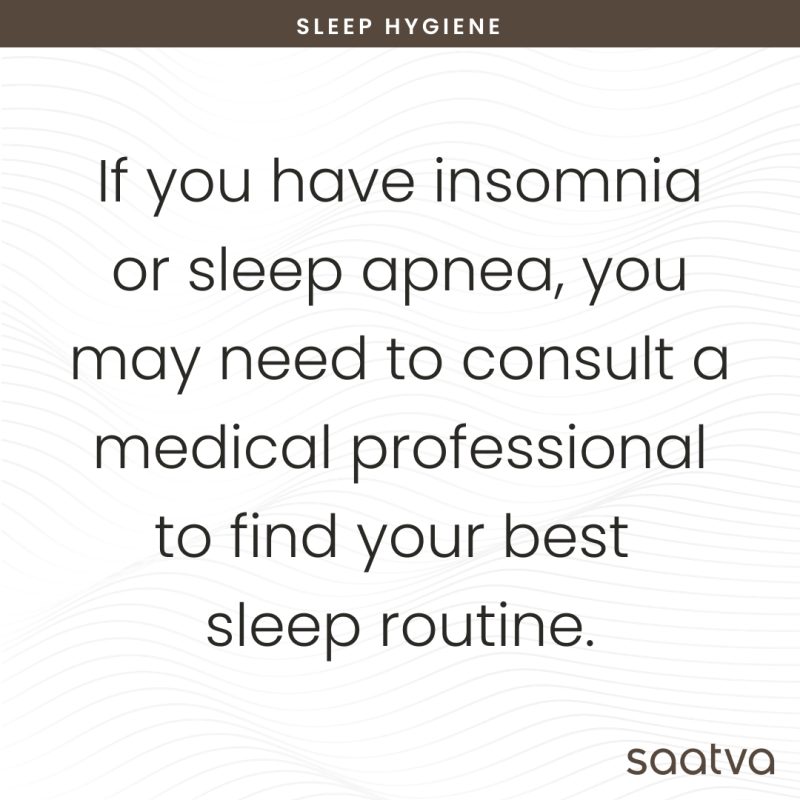
Is sleep hygiene the same for everyone?
While sleep hygiene is important for everyone, what that means and how that looks will vary depending on the individual.
Speaking generally, it’s a good idea for everyone to optimize their bedroom for sleep and relaxation. But what works for you may not work for someone else.
It’s important to note too that we don’t all have the same needs or concerns regarding sleep. Some people may have sleep disorders or health concerns, such as insomnia, sleep apnea, or anxiety, which can make sleep harder and require specific sleep hygiene considerations.
If you have a sleep disorder or health condition, then you’ll be best served by consulting with your healthcare professional about a sleep routine that works best for you.
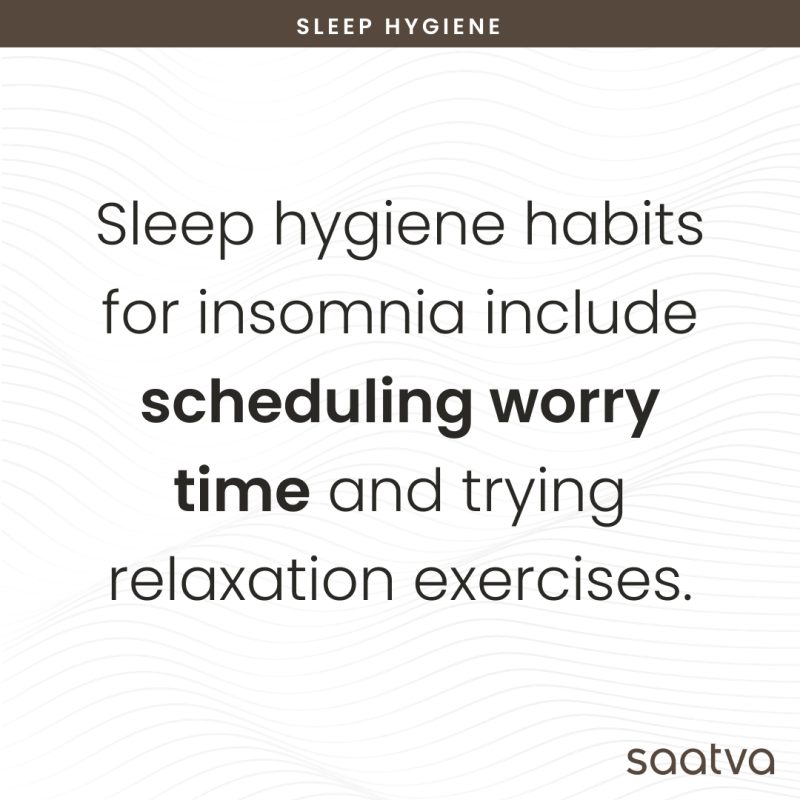
Sleep hygiene and insomnia
Insomnia is a common problem—and making some sleep hygiene changes can sometimes help. While the sleep hygiene suggestions listed above can be helpful for anyone, some sleep hygiene tips are uniquely beneficial to those with insomnia.
Here are three sleep hygiene tips for insomnia:
1. Scheduling worry time
One common reason why you may not be able to fall asleep at night is due to all those racing anxious thoughts going through your head. One way to prevent this from happening is by scheduling a specific time to concentrate on those worries so they’re not on your mind at bedtime. Putting stress on the schedule may sound silly, but it’s a great way to get a better night’s sleep. [15]
2. Try relaxation exercises
Stress and anxiety can keep you up at night, but relaxation exercises, like deep breathing and meditation, can help. [6] This can include exercises ranging from gentle breathing to progressive muscle relaxation. [16]
3. Discuss your sleep issues with a sleep specialist or other medical professional
While all these exercises and sleep hygiene routines are a great way to go, so is speaking to a professional about your specific situation and sleep issues. If at-home strategies don’t work, then get medical advice on how to best proceed in your unique situation.
FAQs
What do you mean by sleep hygiene?
Sleep hygiene is a set of regular behaviors or habits that can encourage improved sleep.
What are examples of sleep hygiene?
Sleep hygiene habits can include creating a tranquil sleep environment, skipping caffeine and alcohol before hitting the pillow, and finding something relaxing to do before sleep each night.
What’s the most important aspect of sleep hygiene?
The top aspects of sleep hygiene include prioritizing seven to eight hours of sleep each night and getting on a regular schedule so you can reap all those amazing health benefits that come from quality sleep.
What is sleep hygiene education?
This simply means talking to your doctor and learning about healthy sleep habits. Your doctor may encourage you to put together a consistent bedtime routine.
Improve your sleep hygiene with Saatva
If you’d like to start making sleep hygiene a priority, you can optimize your bedroom, and in turn, improve your sleep hygiene, with our selection of high-quality mattresses, bedding, and bed accessories. After all, a comfortable mattress, sheets, and pillow can make it easier to fall (and stay) asleep.
If you think a new mattress may lend itself to better sleep, you can take our online mattress quiz to find your perfect match.
References
- Gigli, G. L., & Valente, M. (2013). Should the definition of “sleep hygiene” be antedated of a century? A historical note based on an old book by Paolo Mantegazza, rediscovered. To place in a new historical context the development of the concept of sleep hygiene. Neurological sciences : official journal of the Italian Neurological Society and of the Italian Society of Clinical Neurophysiology, 34(5), 755–760. https://doi.org/10.1007/s10072-012-1140-8
- Irish, L. A., Kline, C. E., Gunn, H. E., Buysse, D. J., & Hall, M. H. (2015). The Role of Sleep Hygiene in Promoting Public Health: A Review of Empirical Evidence. Sleep Medicine Reviews, 22, 23. https://doi.org/10.1016/j.smrv.2014.10.001
- Yazdi, Z., Loukzadeh, Z., Moghaddam, P., & Jalilolghadr, S. (2016). Sleep Hygiene Practices and Their Relation to Sleep Quality in Medical Students of Qazvin University of Medical Sciences. Journal of Caring Sciences, 5(2), 153-160. https://doi.org/10.15171/jcs.2016.016
- Mayo Clinic. Insomnia treatment: Cognitive behavioral therapy instead of sleeping pills. https://www.mayoclinic.org/diseases-conditions/insomnia/in-depth/insomnia-treatment/art-20046677
- Centers for Disease Control and Prevention (CDC). About Sleep. https://www.cdc.gov/sleep/about/index.html
- Cleveland Clinic. Sleep Hygiene: 7 Tips for a Better Bedtime Routine. https://health.clevelandclinic.org/sleep-hygiene
- Mayo Clinic. Sleep tips: 6 steps to better sleep. https://www.mayoclinic.org/healthy-lifestyle/adult-health/in-depth/sleep/art-20048379
- Colrain, I. M., Nicholas, C. L., & Baker, F. C. (2014). Alcohol and the Sleeping Brain. Handbook of Clinical Neurology, 125, 415. https://doi.org/10.1016/B978-0-444-62619-6.00024-0
- Qanash, S., Al-Husayni, F., Falata, H., Halawani, O., Jahra, E., Murshed, B., Alhejaili, F., & Alhashmi, H. (2021). Effect of Electronic Device Addiction on Sleep Quality and Academic Performance Among Health Care Students: Cross-sectional Study. JMIR Medical Education, 7(4). https://doi.org/10.2196/25662
- Arshad, D., Joyia, U. M., Fatima, S., Khalid, N., Rishi, A. I., Abdul Rahim, N. U., Bukhari, S. F., Shairwani, G. K., & Salmaan, A. (2021). The adverse impact of excessive smartphone screen-time on sleep quality among young adults: A prospective cohort. Sleep Science, 14(4), 337-341. https://doi.org/10.5935/1984-0063.20200114
- Chung, N., Bin, Y. S., Cistulli, P. A., & Chow, C. M. (2020). Does the Proximity of Meals to Bedtime Influence the Sleep of Young Adults? A Cross-Sectional Survey of University Students. International Journal of Environmental Research and Public Health, 17(8). https://doi.org/10.3390/ijerph17082677
- Vizmanos, B., Cascales, A. I., Rodríguez-Martín, M., Salmerón, D., Morales, E., Aragón-Alonso, A., L. Scheer, A. J., & Garaulet, M. (2023). Lifestyle mediators of associations among siestas, obesity, and metabolic health. Obesity, 31(5), 1227-1239. https://doi.org/10.1002/oby.23765
- Harvard Health. Is your daily nap doing more harm than good? https://www.health.harvard.edu/staying-healthy/is-your-daily-nap-doing-more-harm-than-good.
- Sleep Foundation. Napping: Benefits and Tips. https://www.sleepfoundation.org/napping
- McGowan, S. K., & Behar, E. (2013). A preliminary investigation of stimulus control training for worry: effects on anxiety and insomnia. Behavior modification, 37(1), 90–112. https://doi.org/10.1177/0145445512455661
- Johns Hopkins Medicine. Sleepless Nights? Try Stress Relief Techniques. https://www.hopkinsmedicine.org/health/wellness-and-prevention/sleepless-nights-try-stress-relief-techniques

